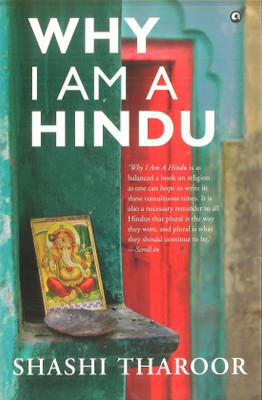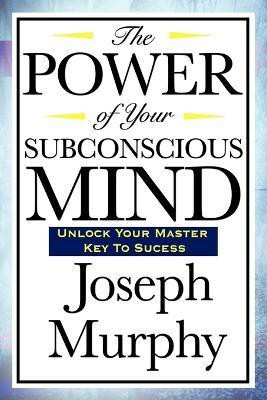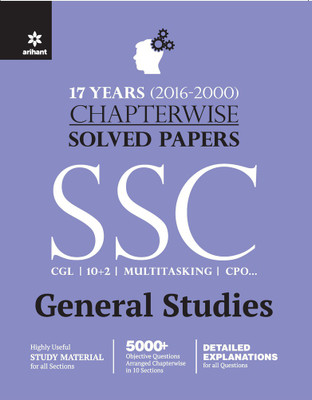
Get notified when this item comes back in stock.
British Conquest and Dominion of India 1st Edition (English, Hardcover, Moon Penderel)
Share
British Conquest and Dominion of India 1st Edition (English, Hardcover, Moon Penderel)
Be the first to Review this product
₹6,900
Sold Out
This item is currently out of stock
Highlights
- Language: English
- Binding: Hardcover
- Publisher: India Research Press
- Genre: History
- ISBN: 9788190109802, 8190109804
- Edition: 1stEdition, 1999
- Pages: 1264
Seller
Description
Heaven’s Child Introduces us to the world of enchantment, not inhabited by fairies and witches, but rather with the sublime elements of truth, innocence and the magic of creation.
There is an urgency in the author to escape from the materialistic confines and binding relationships to an era which was and which should have perpetuated instead if what we have today.
Heaven’s Child is the author’s first collection of poems that includes odes to the gods, which profess a secular nature despite possessing an essence of the VeFor some years before his death the veteran India hand Sir Penderel Moon was engaged in what was to be the culmination of his life’s work: a large-scale history of the two centuries of British involvement in India – from the battle of Plassey to the final independence of India and Pakistan some forty years ago. It is a masterly account of men and events.
Part One describes the conquests of the East India Company in the wake of the disintegrating Moghul empire, and the gradual development of an administrative system. A major theme is the haphazard nature of the growth of British rule and the general ineffectiveness of the home authorities. Another is the conflict of attitudes between those who wish to replace Indian with English ways and those concerned to preserve what was best in India’s ancient civilization. The watershed was the disastrous Mutiny of 1857.
Part Two describes the eighty-nine years during which India was ruled directly from Whitehall and the growing demand by Indians for self-government (fed by literal ideas from the British themselves). The more far-sighted has long recognized this as inevitable, though few if any had foreseen that the end of British rule would mean the loss of Indian unity.
For some years before his death the veteran India hand Sir Penderel Moon was engaged in what was to be the culmination of his life’s work: a large-scale history of the two centuries of British involvement in India – from the battle of Plassey to the final independence of India and Pakistan some forty years ago. It is a masterly account of men and events.
Part One describes the conquests of the East India Company in the wake of the disintegrating Moghul empire, and the gradual development of an administrative system. A major theme is the haphazard nature of the growth of British rule and the general ineffectiveness of the home authorities. Another is the conflict of attitudes between those who wish to replace Indian with English ways and those concerned to preserve what was best in India’s ancient civilization. The watershed was the disastrous Mutiny of 1857.
Part Two describes the eighty-nine years during which India was ruled directly from Whitehall and the growing demand by Indians for self-government (fed by literal ideas from the British themselves). The more far-sighted has long recognized this as inevitable, though few if any had foreseen that the end of British rule would mean the loss of Indian unity and Buddhist philosophy. There is also poems describing the nature of the cosmos…
There is an urgency in the author to escape from the materialistic confines and binding relationships to an era which was and which should have perpetuated instead if what we have today.
Heaven’s Child is the author’s first collection of poems that includes odes to the gods, which profess a secular nature despite possessing an essence of the VeFor some years before his death the veteran India hand Sir Penderel Moon was engaged in what was to be the culmination of his life’s work: a large-scale history of the two centuries of British involvement in India – from the battle of Plassey to the final independence of India and Pakistan some forty years ago. It is a masterly account of men and events.
Part One describes the conquests of the East India Company in the wake of the disintegrating Moghul empire, and the gradual development of an administrative system. A major theme is the haphazard nature of the growth of British rule and the general ineffectiveness of the home authorities. Another is the conflict of attitudes between those who wish to replace Indian with English ways and those concerned to preserve what was best in India’s ancient civilization. The watershed was the disastrous Mutiny of 1857.
Part Two describes the eighty-nine years during which India was ruled directly from Whitehall and the growing demand by Indians for self-government (fed by literal ideas from the British themselves). The more far-sighted has long recognized this as inevitable, though few if any had foreseen that the end of British rule would mean the loss of Indian unity.
For some years before his death the veteran India hand Sir Penderel Moon was engaged in what was to be the culmination of his life’s work: a large-scale history of the two centuries of British involvement in India – from the battle of Plassey to the final independence of India and Pakistan some forty years ago. It is a masterly account of men and events.
Part One describes the conquests of the East India Company in the wake of the disintegrating Moghul empire, and the gradual development of an administrative system. A major theme is the haphazard nature of the growth of British rule and the general ineffectiveness of the home authorities. Another is the conflict of attitudes between those who wish to replace Indian with English ways and those concerned to preserve what was best in India’s ancient civilization. The watershed was the disastrous Mutiny of 1857.
Part Two describes the eighty-nine years during which India was ruled directly from Whitehall and the growing demand by Indians for self-government (fed by literal ideas from the British themselves). The more far-sighted has long recognized this as inevitable, though few if any had foreseen that the end of British rule would mean the loss of Indian unity and Buddhist philosophy. There is also poems describing the nature of the cosmos…
Read More
Specifications
Book Details
| Imprint |
|
| Publication Year |
|
Dimensions
| Width |
|
| Height |
|
| Length |
|
| Weight |
|
Be the first to ask about this product
Safe and Secure Payments.Easy returns.100% Authentic products.
Back to top






